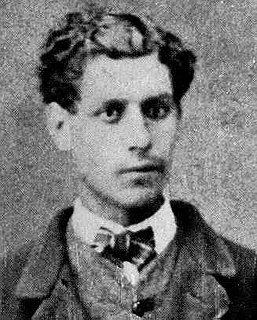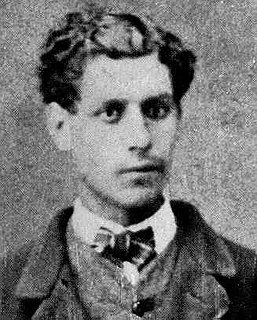A Quote by Ferdinand Foch
The fundamental qualities for good execution of a plan is first; intelligence; then discernment and judgment, which enable one to recognize the best method as to attain it; the singleness of purpose; and, lastly, . . . stubborn will.
Related Quotes
These, then, are the qualities of my ideal diplomatist. Truth, accuracy, calm, patience, good temper, modesty and loyalty. They are also the qualities of an ideal diplomacy. But, the reader may object, you have forgotten intelligence, knowledge, discernment, prudence, hospitality, charm, industry, courage and even tact. I have not forgotten them. I have taken them for granted.
It seems to us that in intelligence there is a fundamental faculty, the alteration or the lack of which, is of the utmost importance for practical life. This faculty is judgment, otherwise called good sense, practical sense, initiative, the faculty of adapting one's self to circumstances. A person may be a moron or an imbecile if he is lacking in judgment; but with good judgment he can never be either. Indeed the rest of the intellectual faculties seem of little importance in comparison with judgment.
Man doth seek a triple perfection: first a sensual, consisting in those things which very life itself requireth either as necessary supplements, or as beauties and ornaments thereof; then an intellectual, consisting in those things which none underneath man is either capable of or acquainted with; lastly a spiritual and divine, consisting in those things whereunto we tend by supernatural means here, but cannot here attain unto them.
Lenten practices of giving up pleasures are good reminders that the purpose of life is not pleasure. The purpose of life is to attain to perfect life, all truth and undying ecstatic love - which is the definition of God. In pursuing that goal we find happiness. Pleasure is not the purpose of anything; pleasure is a by-product resulting from doing something that is good. One of the best ways to get happiness and pleasure out of life is to ask ourselves, 'How can I please God?' and, 'Why am I not better?' It is the pleasure-seeker who is bored, for all pleasures diminish with repetition.





































